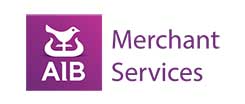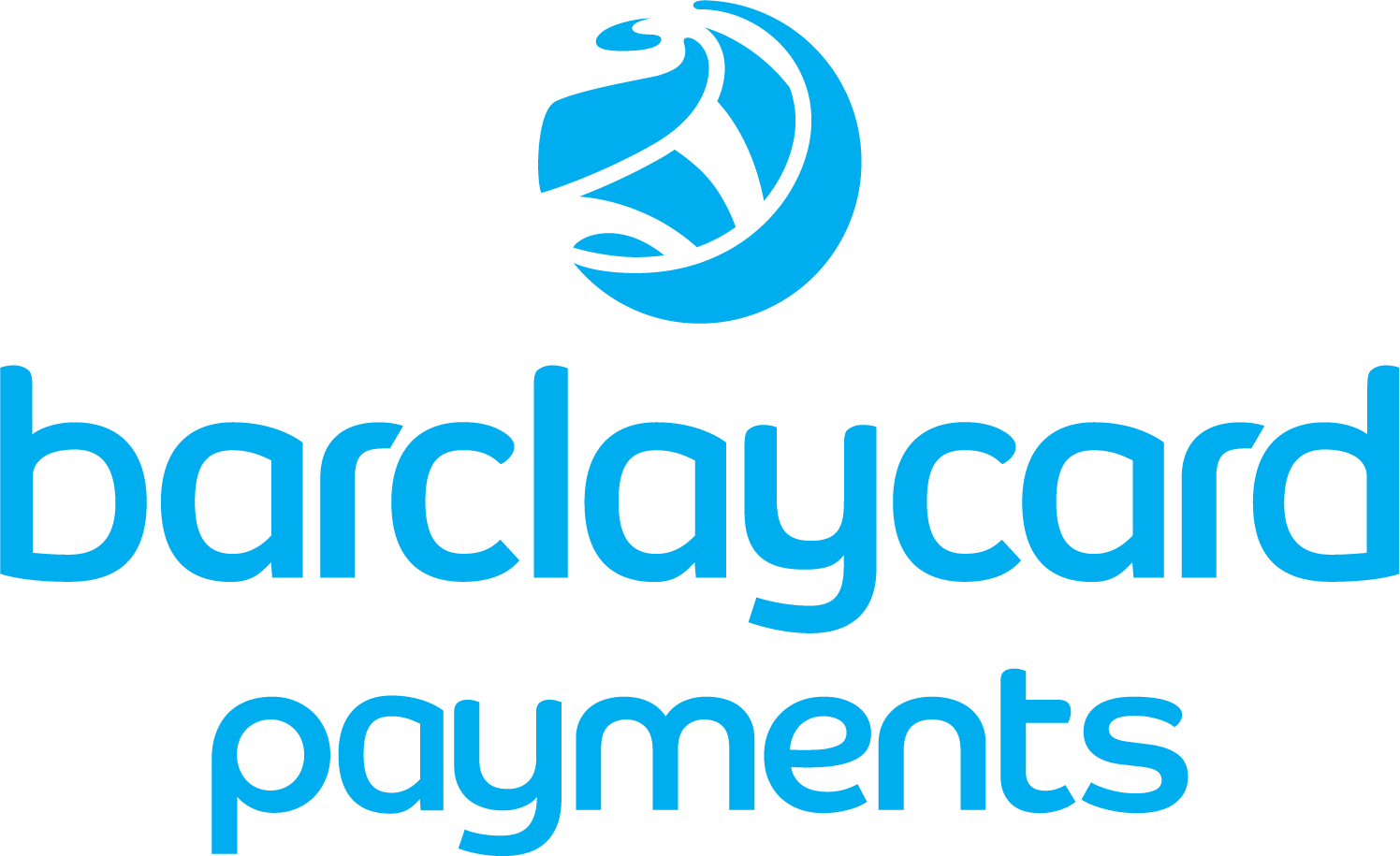- Compare Card Processing Rates from as low as 0.27%
- Keep your card processing fees to a minimum
- Direct access to 80% of the UK’s leading acquiring banks
- Make the right choice for your next UK payment provider
- Ensure your rates always remain competitive
- Seamlessly switch payment provider without a hitch






We're rated Excellent on
The Complete Guide to the Process of Payment: Steps and Best Practices
In today’s digital economy, businesses and consumers rely on fast, secure, and efficient payment processing to facilitate transactions. Digital payment methods have become increasingly popular due to their convenience and security. Whether you’re a merchant accepting online payments or a customer making a purchase, understanding the process of payment is essential for smooth financial transactions.
This guide explores how payment processing works, the key players involved, different payment methods, and best practices for ensuring secure and efficient transfer of funds.
What Is Payment Processing?
Payment processing refers to the sequence of steps required in the payment process to transfer funds from a customer’s bank account to a business’s bank account when a purchase is made. This involves multiple parties, including:
-
The customer (payer)
-
The business or service provider (payee)
-
The payment gateway (secures transaction data)
-
The payment processor (facilitates transactions)
-
The acquiring bank (merchant’s bank)
-
The issuing bank (customer’s bank)
-
Card networks (Visa, Mastercard, etc.)
A payment processing system ensures that transactions are completed quickly and securely, whether through credit and debit cards, bank transfers, digital wallets, or other electronic payment methods.
Key Players in Payment Processing
Payment processing involves various parties working together to facilitate secure and efficient transactions. Understanding the key players in payment processing is essential for businesses to navigate the complex landscape of digital payments.
1. Payment Processors
Payment processors are companies that handle the transaction process between the merchant and the financial institutions. They ensure that the transaction details are transmitted securely and that the funds are transferred from the customer’s account to the merchant’s account. Payment processors are responsible for authorizing transactions and ensuring that the customer has sufficient funds or available credit. They play a crucial role in maintaining the security and efficiency of payment processing, making it possible for businesses to accept payments seamlessly.
2. Payment Gateways
Payment gateways are technologies that connect the merchant’s website or POS system to the payment processor. They act as a bridge between the customer, the merchant, and the financial institutions involved in the transaction. Payment gateways encrypt the payment information to protect it from data breaches and ensure that the transaction details are transmitted securely to the payment processor. By providing a secure channel for transmitting payment data, payment gateways are essential for preventing fraud and ensuring that digital payments are processed smoothly.
How Payment Processing Works: Step-by-Step
Understanding how payment processing works helps businesses optimize transactions and reduce delays. Here’s a breakdown of the transaction process:
1. Customer Initiates Payment
The process of payment begins when a customer makes a purchase using a credit or debit card, mobile payment, or another payment method. This can occur at a point of sale (POS) system in-store or during online transactions.
2. Payment Information Is Secured
For online payments, the customer enters their payment details (card number, CVV, etc.) into a secure payment gateway, which encrypts the data to prevent fraud.
3. Payment Processor Receives the Request
The payment processor forwards the transaction details to the relevant card network (Visa, Mastercard, etc.), which routes the request to the issuing bank (the customer’s bank), illustrating how payment processing work is carried out.
4. Issuing Bank Verifies Funds
The issuing bank checks the customer’s account status to confirm:
-
Sufficient funds are available
-
No signs of fraudulent transactions
-
Card is valid and not blocked
If approved, the bank sends an authorization response back through the payment network.
5. Transaction Is Approved or Declined
Once verified, the payment processor relays the response to the merchant. If approved, the sale proceeds. If declined, the customer must use an alternative payment method.
6. Funds Are Transferred
At the end of the business day, the merchant’s account batches all approved transactions and sends them to the acquiring bank (merchant bank). The acquiring bank requests settlement from the issuing bank via the automated clearing house (ACH) or card network.
7. Funds Are Deposited
Finally, the transfer funds are deposited into the business’s bank account, typically within 1-3 business days, minus transaction fees.
Key Components of a Payment Processing System
Several technologies and services work together to facilitate seamless payment processing:
1. Payment Gateway
A secure payment gateway acts as a bridge between the merchant and the payment processor, encrypting payment data to prevent fraud.
2. Payment Processor
A payment processor handles communication between banks, card networks, and merchants to authorize and settle transactions.
3. Merchant Account
A merchant’s account is a specialized bank account that holds funds from sales before they are transferred to a business’s primary account.
4. Acquiring Bank vs. Issuing Bank
-
The acquiring bank (merchant bank) processes payments on behalf of the business.
-
The issuing bank (customer’s bank) approves or declines transactions based on available funds.
5. Card Networks
Visa, Mastercard, American Express, and Discover facilitate credit card payments and debit card transactions between banks.
Different Payment Methods in the UK
Businesses must support multiple payment methods to cater to customer preferences. Common options include:
1. Debit and Credit Cards
The most widely used electronic payment methods, including contactless payments.
2. Bank Transfers
Direct transfers from a customer’s bank accounts via Faster Payments or BACS.
3. Digital Wallets
Apple Pay, Google Pay, and PayPal enable mobile payments without sharing credit card details.
4. Buy Now, Pay Later (BNPL)
Services like Klarna and Clearpay allow deferred payments.
5. Alternative Payment Methods
Cryptocurrencies, prepaid cards, and e-cheques are gaining popularity.
Costs Associated with Payment Processing
Payment processing involves various costs that businesses need to consider when selecting a payment processing system. Understanding these costs is essential for businesses to minimize their expenses and maximize their efficiency.
1. Transaction Fees
Transaction fees are charges that businesses pay to use payment processing services. These fees can vary based on several factors, including the type of payment method, transaction volume, and industry. For instance, credit card transactions might incur different fees compared to bank transfers or digital wallet payments. Transaction fees are a necessary part of accepting electronic payments, providing convenience and security for both the company and customers. By understanding the structure and amount of these fees, businesses can make informed decisions about their payment processing systems, ensuring they choose the most cost-effective and efficient options available.
Best Practices for Secure and Efficient Payment Processing
To minimize risks and optimize transactions, businesses should follow these best practices:
1. Use a Reliable Payment Processing Solution
Choose reputable payment processing companies with strong security measures.
2. Ensure PCI DSS Compliance
Protect payment data by adhering to Payment Card Industry Data Security Standards (PCI DSS).
3. Implement Fraud Prevention Tools
Use AVS (Address Verification System), CVV checks, and 3D Secure for online payment processing.
4. Optimize for Mobile Payments
Ensure your payment gateway integration supports digital wallets and mobile payments.
5. Monitor Transaction Fees
Compare payment processing costs, including monthly fees, per-transaction charges, and hidden costs.
6. Offer Multiple Payment Options
Support new payment methods to improve customer experience.
7. Streamline Checkout for Online Payments
Reduce cart abandonment with a fast, user-friendly checkout process.
Payment Processing for Modern Businesses
The process of payment is a complex but essential part of modern commerce. By understanding how payment processing works, businesses can choose the right payment processing services, reduce transaction fees, and enhance security.
Whether you’re accepting debit card payments, credit card payments, or alternative payment methods, leveraging a secure and efficient transfer system ensures smooth financial transactions and customer satisfaction.
Investing in a robust payment processing solution not only helps businesses accept payments seamlessly but also builds trust with customers through payment processing security and reliability.
By staying updated with new payment methods and industry trends, UK businesses can optimize their payment processing system for long-term success.
